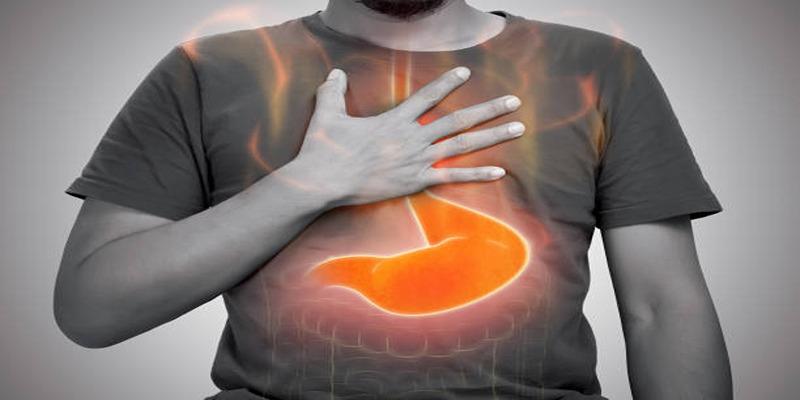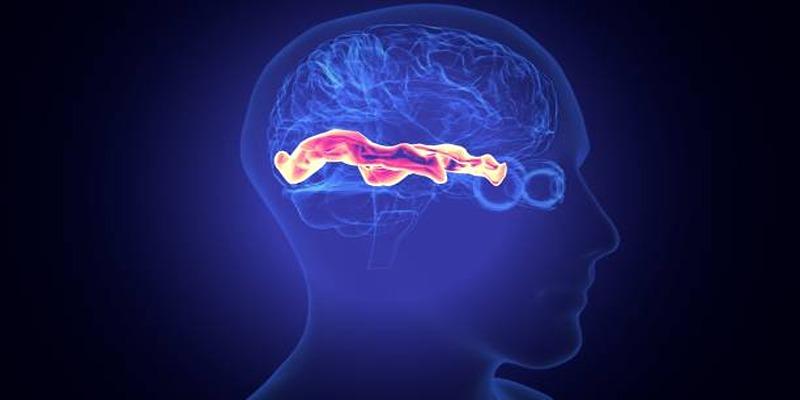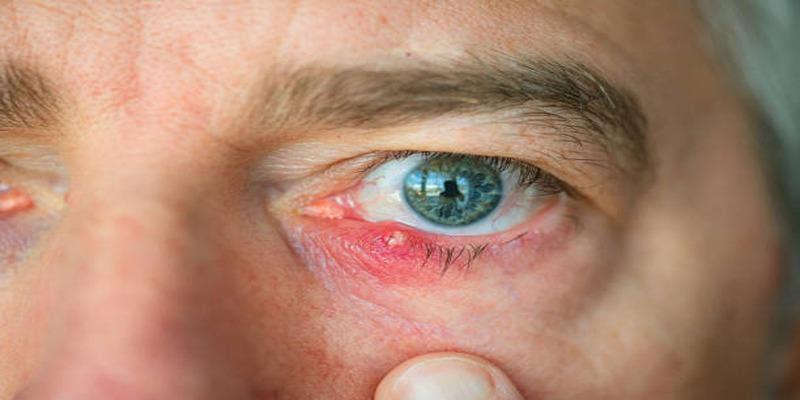Gastroesophageal reflux disease (GERD) is more than just heartburn; it can lead to serious health problems. This article explores the potential short-term and long-term risks of GERD, its impact on overall health, and the importance of early treatment.
GERD takes place when the stomach acid flows regularly or repeatedly in the esophagus challenging the lining and leaves one uncomfortable. Tissues will be damaged after regular exposure to acid.
The symptoms can be characterized by the chronic heartburn, regurgitation, chest pain, and problems when swallowing. Though the occasional presence of the condition is common, the GERD might evolve into serious complications without being treated, and its implementation impacts a variety of organ systems.
Chevy gerd in untreated form causes various problems that may appear minor in the short run but may develop big over time into serious problems. These early implications are very important in order be able to act promptly to avoid more significant complications in the future.
Contact of the stomach acid regularly with the lining of the esophagus may result in esophagitis, which is painful swelling that may result in potential symptoms, such as the burning of the chest or throat and a sore throat when attempting to swallow, primarily following a meal. The left untreated esophagitis may deteriorate resulting in bleeding, ulcers, or infections.
Constant exposure to acids may hurt the esophagus causing the formation of scar tissue and the reduction of the esophagus diameter, a process called esophageal strictures. This disease leads to the impossibility to swallow food or liquids, which is also painful. Strictures may cause dietary difficulties with the left side of the intestines because a person might not want to eat, as it will irritate him or her. Intimacy is of great importance as an early intervention to prevent structural complications and health of the esophagus.

GERD does not only affect the digestive system but could also affect the respiratory system and the throat. Reflux of acids may lead to persistent cough, hoarseness or a sore throat that is indefatigable especially in individuals who are dependent on voice like teachers or singers. The impact of GERD is also not confined to digestion and extends to other important organs, such as asthma conditions getting affected by it, or lung inflammation.
Persistent GERD may result into serious health conditions threatening the healthiness of having a long life, and posing a risk to acquiring life-changing diseases. The realization of such consequences explains why management and monitoring should always be put in place.
A esophagus that occurs to Barrett happens when there is an exposure to acid which alters the cells forming the lining of the esophagus, resulting into a precancerous milieu. Although this cellular alteration might not result in any conspicuous signs, it is a major risk-factor that has possibilities of leading into esophageal adenocarcinoma. Medical follow-ups should be regular among chronic GERD patients.
The sour acid may touch the mouth area thereby breaking down the tooth enamel in the long run. This can cause dental erosion leading to tooth sensitivity, tooth decay, discolouration and even loss of teeth. Good oral health and teeth acid refluxes are important measures to save dental health in the future.
Initially, as much as GERD affects a person in terms of physical discomfort, it can deeply interfere with the regular lifestyle extending its power beyond physical pain to physical influences in the level of sleep pattern, food intake as well as emotions. Being aware of these far-ranging effects can guide people and medical professions to realize that effective treatment is critical not only because it addresses the physical symptoms. Mitigating these wider effects is what the enhancement of the overall quality of life of a patient is all about.
The nighttime reflux forms a typical and rather problematic symptom of untreated GERD. Heat and soreness in the heart, combined with the overall general discomfort might be greatly disruptive of the quality sleep, which then results in a sore back, frequent wakings and remarkably hard to get back to sleep.
The chronic and unpredictable nature of the GERD symptoms commonly compels one to embrace strict diets and lifestyles. This as a rule involves avoiding the items and drinks that have been identified to cause reflux ensnaring such acidic foods as coffee and citrus, fatty or spicy foods, and chocolate.
The inherent burden of chronic pain and other unwanted unpredictability of GERD might be a significant burden on mental health and often brings forth a high level of stress, anxiety, and other mood disorders like being irritable or even possibly depressed.
Treated GERD has a variety of risks; however, a variety of broad solutions may provide the welcomed relief in terms of symptoms, avoiding complications, and eventually improving the overall quality of life of a patient. It is important to start these preventive and control actions at the earliest stages of life since they overlooked it, it is possible to successfully stop the further course of the disease and soften its consequences in the course of life.

One of the primary defensive mechanisms against the GERD is usually the adoption of particular lifestyle modifications. Adjustments to the diet, including avoiding spicy foods, fatty foods, citrus fruits, chocolate can be of considerable importance.
Management of weight also remains imperative because reflux can be worsened by a lot of abdominal pressure.
In the case of GERD, some people find it essential to take over-the-counter or prescription medicines in order to control the symptoms. Antacids are quick acting and act temporarily to neutralize the stomach acid. H2 blockers like famotidine are used to decrease the production of acid, at a longer period. The potency of proton pump inhibitor (PPI), such as omeprazole, is better and thus the heart of the stomach produces much less acid and allows the healed of the esophagus.
In case of symptoms of persistent or pronounced GERD, patients should not be afraid to approach a health worker to be fully checked. This can involve instruments of diagnosis, like the endoscopy that enables one to see inside the esophagus, or pH monitoring which can also test the amount of acid in the esophagus per time.
Late prevention and recurring examination are essential in order to avoid serious complications. These complications may involve Barrettes esophagus, abnormality of the lining in the esophagus and may even result in an esophagus cancer.
The untreated GERD is not a Sunday night habit any more, it can result in inflammation, esophagus tightness, dental complications, Barrett esophagus, and even cancer. Sleep, diet and emotional well-being are also under the influence of the condition. It is necessary to identify the symptoms at the earliest level and seek medical examination, lifestyle changes, and effective medication to avoid complications and safeguard the long-term health.
 TOP
TOP
Curious about when to claim your Social Security benefit? Learn how age, health, income, and other personal factors influence this important decision and shape your retirement future
 TOP
TOP
The joys of spontaneous travel with tips for unplanned adventures, packing light, and connecting with locals for unforgettable experiences.
 TOP
TOP
Discover thrilling day trips near Cape Town, featuring stunning landscapes, cultural experiences, and adventure for every traveler.
 TOP
TOP
Discover the truths and misconceptions about medical research studies in this insightful article.
 TOP
TOP
The benefits of outdoor activities for improving physical and mental well-being.
 TOP
TOP
Discover the truth about cold weather and its link to sickness in this science-based article.
 TOP
TOP
Identify emotional clutter and discover practical ways to declutter your mind for clarity and peace.
 TOP
TOP
Debunking 7 common myths about Alzheimer’s and dementia for clearer understanding.
 TOP
TOP
Untreated GERD can cause esophagus damage, Barrett’s esophagus, dental erosion, and cancer. Learn symptoms, risks, and why early treatment matters for health.
 TOP
TOP
Aphantasia affects mental imagery, memory, and creativity. Explore its causes, cognitive impacts, coping strategies, and real-life adaptations for navigating life without a mind's eye.
 TOP
TOP
Mental health shapes our well-being, productivity, and equality. Learn why it matters for everyone and discover ways to build stronger support systems.
 TOP
TOP
Learn to identify whether your eyelid bump is a stye or a chalazion, understand the causes and symptoms, and explore effective treatment options for better eye health and comfort.